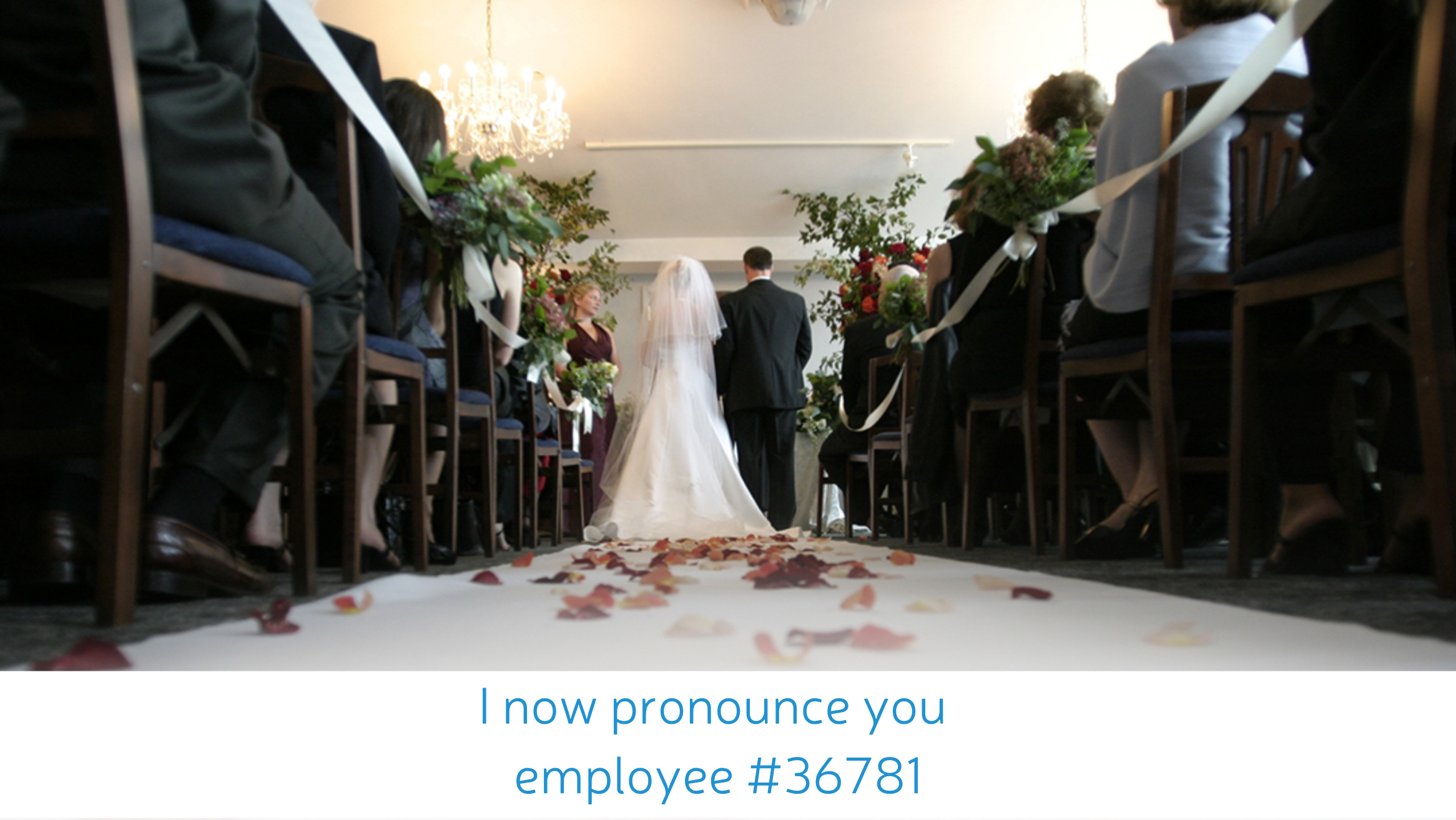If your confidence has been knocked after receiving a rejection letter, asking for feedback can help you gain more clarity on the situation.
We’re going to walk you through how to ask an employer for feedback, so you can improve and impress at your next job interview.
When should you ask for feedback?
You should ask the employer for feedback once you’ve found out that you haven’t gotten the job. If you receive a rejection email, respond within 24 hours. If it’s a phone call, ask them for feedback on the call. If you miss a call from them and they let you know via voicemail, you should call them back to ask.
Things you shouldn’t do
- Don’t call outside of business hours and leave voicemails. Call during business hours so you can catch someone who can direct you to the right person.
- Don’t call repeatedly in one day. They may never get back to you if you make yourself a nuisance to the company.
- Apologise. If your interview was a disaster, there’s no point in saying sorry – it’s done now. Whether you had an off day or not, the moment has passed.
- Don’t take it too hard. We all feel a bit deflated after being told we didn’t get a job we jumped through hoops for, but if you’re planning on asking for feedback, you should remain composed and respectful – don’t let your emotions take over the situation. Nothing will come from arguing, or persuading them to choose you instead. It will simply make you appear desperate. If you had a bad interview, they won’t change their minds now.
- Don’t push back if they do give you criticism. Part of asking for feedback is accepting it and listening to it. Many employers will not offer any feedback after rejecting you, so you must appreciate that if this person does take the time out of their busy day to talk you through their reasons, it should be respected.
Things you should do
- Appreciate the feedback they give to you – as we said earlier, not many will, so getting first-hand feedback from the person who interviewed you could be the difference between you getting another job in the near future, or making the same mistakes over and over again, sacrificing more opportunities
- Leave the door open. While you shouldn’t be persuading the employer to give you another chance, there is another way that you can end the call with the prospect of speaking with them again in future. Simply thank them for the opportunity and ask them to keep your application on file if anything further opens up. Something as simple as:
“I really appreciate you taking the time to talk this through with me, thank you very much for the opportunity. If in future a role crops up that you think I could be more suited to, please don’t hesitate to give me a call to discuss it.”
- Stay positive – maybe this just wasn’t the role for you? The positives to take away from this experience include: Gaining more experience at interview stage; gaining feedback so you can improve for future interviews; knowing that you pushed yourself to go for this job, even though you may not have been ready – now hopefully, you have a better understanding of what a similar employer could be looking for
How can I improve?
- Listen to the feedback you receive from the employer and use it to your advantage for future opportunities. You can practice with friends or family.
- If the feedback was based around the interview e.g. nerves, lack of confidence for the role, public speaking, general interview skills, you could start doing mock interviews with a career coach to improve. This is where you could learn that you tend to waffle, and therefore aren’t being very specific at interview stage, or you’re too modest – perhaps your answers aren’t detailed enough. There are so many things that could prove to be your shortfall in an interview – so tackle them head on.
- Didn’t get any feedback at all? We would still suggest considering a career coach or asking a friend who had to go through extensive interviews for their job, and see if they can help you identify any flaws.
- Use the interview tips from our career advice blog to help!
Not working
Passion drives success: an interview with email marketing expert Jared Thompson
Today we are joined by Jared Thompson, a Senior Digital Marketing Executive within the Recruitment Sector. Jared has kindly agreed to give us an insight into his role for those who may be interested in moving into a similar career. Background “I...
How to master a Skype interview
It’s no surprise that with the evolution of modern technology, some interviews are now being conducted digitally. Skype interviews have grown in popularity, but for those of us who have never used it before, the prospect can be daunting. ...
What should I do if I’m being made redundant?
The emotional strain of redundancy can be described as none other than gut-wrenching. Nothing can prepare you for the threat of redundancy, but there are ways to cope with the reality of it. Losing your job can be devastating, but the most...
10 signs it’s time to quit your job
If you're finding it hard to lift yourself out of bed for work, it could be time to move on and find a new job... It turns out that frequently changing jobs is becoming the norm. Millennials have very different expectations from their jobs than...
A day in the life of brand management
David Wiseman is a Senior Account Manager at Digital Brand Reputation Management company Five Blocks. Here, he gives us an insight in to the unique world of reputation management and what his everyday role looks like. When we walk past a store and take a...
Is jobhunting just like dating?
Ever noticed how a jobhunt is a lot like dating? There are a number of reasons why the stress of a job search can be compared to courting. In this blog post, we discuss why, and we hear from David Wiseman, a leader in digital brand reputation...









